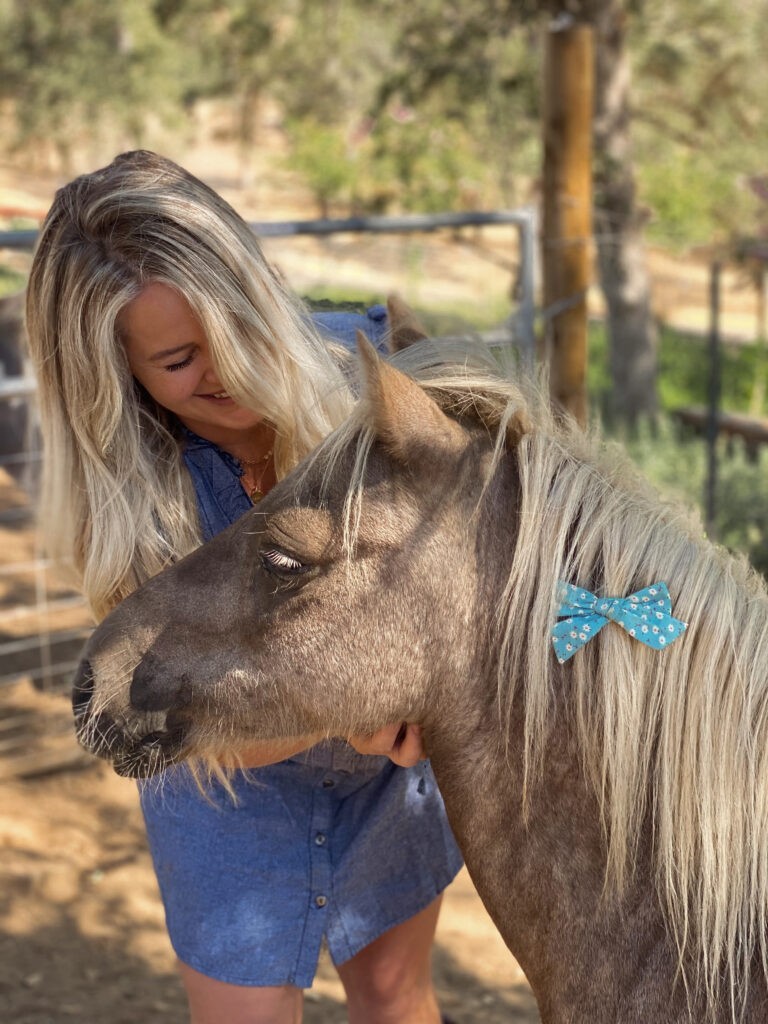If you’ve been curious about mini horses and whether they could be the right pet for you, you’re in the right place. Mini horses are truly remarkable animals that often fly under the radar when people consider pets. We’re here to explore just what kind of companions mini horses make, discuss their social needs, and guide you through the essentials of caring for these delightful creatures.
Are Mini Horses Good Pets? Absolutely!
The short answer is a resounding YES! Mini horses aren’t just pets; they’re intelligent, affectionate companions that can bring immense joy to the right owner. For those who admire horses but may find the commitment or space required for a full-sized horse daunting, mini horses offer a wonderful alternative. They encapsulate the charm and personality of their larger counterparts in a more manageable package.
The history of mini horses traces back to the 17th century, believed to be a result of selectively breeding smaller horses and ponies. While ponies share some similarities, mini horses stand out as perfectly proportioned miniature versions of full-sized horses, just under 34 inches tall! Initially, they served practical purposes in mining, navigating narrow shafts inaccessible to larger horses, and also gained popularity as novelty animals, capturing hearts with their undeniable cuteness.
Beyond their adorable appearance, mini horses possess an intelligence that often surprises people. They are known for their trainability, though they can exhibit a streak of stubbornness, which is common in many intelligent breeds. With consistent and patient training, a mini horse can become a well-behaved and cherished pet for an impressive lifespan of up to 50 years. Remarkably, they also serve as guide animals, showcasing their intelligence and gentle nature. While their carrying capacity is limited to about 40 lbs, they are ideal for young children to learn the basics of riding and horsemanship.
The Social Life of Mini Horses: Companionship is Key
Mini horses are inherently social creatures. Therefore, keeping a mini horse in isolation is strongly discouraged. This doesn’t necessarily mean you need a herd of mini horses, but they thrive on companionship. They are known to get along well with a variety of farm animals, happily forming bonds with different species. One of the joys of having a farm environment is observing the diverse relationships that animals naturally create with each other.
Mini horses can coexist peacefully with full-sized horses, donkeys, goats, sheep, chickens, and even dogs. They are also perfectly content in the company of other mini horses, enjoying the dynamics of their own kind. Generally, introducing a mini horse into a pasture with other animals is usually a smooth transition. However, as with any new animal introduction, it’s wise to observe their interactions and behavior initially before fully integrating them into the existing group.
In essence, providing your mini horse with companionship is vital for their well-being. In their natural state, horses are herd animals and are happiest and healthiest when part of a social group. Unless you can dedicate a significant amount of your time to provide the constant attention and interaction they crave, ensuring they have animal companions is crucial for their happiness and overall quality of life.
Miniature Horse Care: What You Need to Know
Caring for mini horses shares similarities with caring for full-sized horses, but with some key differences that often make them more manageable. Due to their smaller stature, fencing requirements are less demanding; fences suitable for goats or donkeys are typically adequate for mini horses. While they are outdoor animals that thrive in a pasture setting, providing them with a stall or shelter for respite from extreme weather conditions is essential. The size of their stable doesn’t need to be as expansive as for a regular horse, simplifying their housing needs considerably.
Access to a pasture for grazing is a fundamental aspect of mini horse care, mirroring the needs of their larger relatives. Grazing is crucial for their nutritional intake and also serves as a natural form of exercise. A pasture provides ample space for them to move around, run, and play, contributing to their physical and mental well-being. A general guideline for pasture size is approximately a quarter of an acre per mini horse. If you have other animals sharing the pasture, you may need to increase the space to ensure sufficient grazing and room for all. Supplementing their diet with hay is also necessary to meet their nutritional requirements.
Grooming is another important aspect of mini horse care. Daily brushing of their coat, mane, and tail is recommended. Neglecting to brush their mane and tail can lead to stubborn knots, causing discomfort when you eventually try to detangle them. A damp towel can be used to clean areas needing extra attention. Regular hoof cleaning is also paramount to prevent issues and maintain their health. Consistent grooming practices ensure your mini horse remains comfortable, healthy, and looking its best.
Mini horses, with their endearing size and gentle nature, can indeed be wonderful pets for those prepared to meet their social and care needs. They offer the joys of horse ownership in a smaller, more manageable package, making them excellent companions for individuals and families alike.

